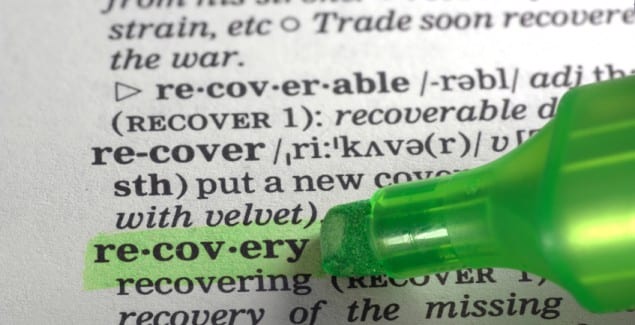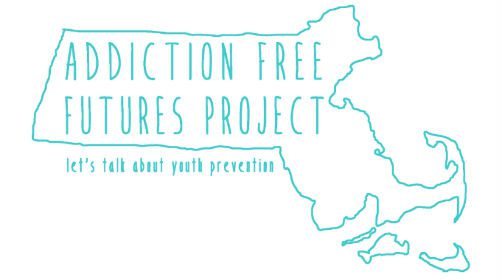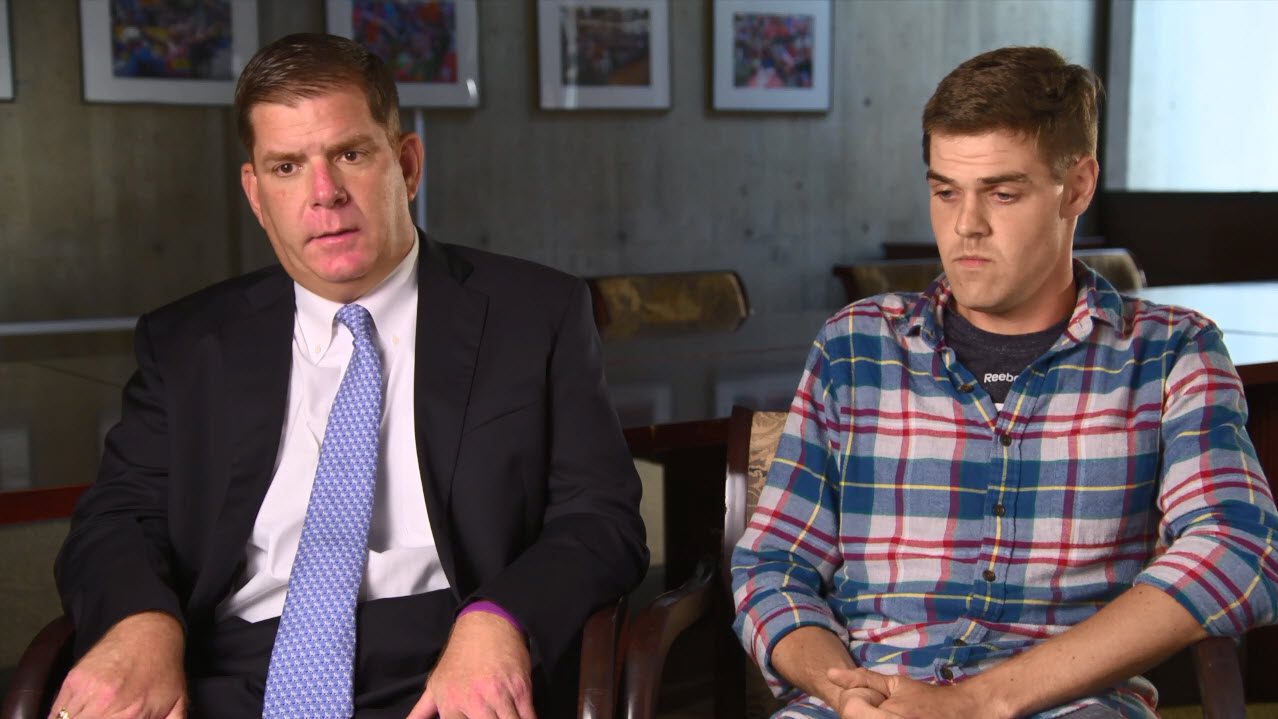For Those Suffering From Addiction, Recovery Is The Most Likely Outcome—But How Do We Get There From Here?

Posted in: Hot Topics, Podcast
Topics: Addiction & Substance Misuse
Intro music written and performed by Dr. Gene Beresin.
Outro music arranged and performed by Dr. Gene Beresin.
NOTE: In light of the landmark substance abuse and recovery legislation that was passed today by the Massachusetts Legislature, this blog and podcast couldn’t be any more pertinent. With millions of Americans suffering from addiction, the illness has become a strategic priority for us here at Massachusetts General Hospital. We are grateful to our state legislators for recognizing this critical need, and for delivering on the support and care those citizens afflicted so desperately require.
***
It’s hard to avoid hearing that we as a nation are faced with an epidemic of drugs and alcohol, and most recently, with opioids such as heroin. Every day, newspapers and TV channels announce overdose or other accidental deaths associated with the misuse of substances, as well as renewed city, state and federal attempts to help stem the new tide of tragic mortalities.
While this sad news fills our living rooms and newspapers, the silver lining is that there are a variety of highly effective professional treatments and freely accessible mutual-help organizations—such as Alcoholics Anonymous (AA), Narcotics Anonymous (NA), SMART Recovery—available to help those with addiction problems. Such professional treatments are pharmacological, psychological and social in nature. There is definitely hope for those suffering from addiction, but the key is to make a conscious choice to take advantage of these resources.
Unfortunately, stigma prevents many people from admitting that a problem exists, whether it be in themselves or a family member, and to consequently seek the help they need. Science has taught us, however, that just like other serious medical illnesses, addiction is caused by the interaction of genetics and environment; exposure to drugs and alcohol can radically impair brain systems, making it extremely difficult for people to regulate and control their impulses to use substances. This is not a moral failing or character weakness. We now know that about half the risk of addiction is conferred by genetics, and that brain imaging studies reveal substantial changes in brain structure and function.
The first step in getting help is often to speak with a knowledgeable clinician. Your own primary care physician might be knowledgeable and skilled in addressing substance use disorders, connected to available local resources, or able to direct you to appropriate treatment facilities. Most, if not all, states offer a free telephone helpline that can provide information and assistance as well.
A thorough initial evaluation and assessment conducted by a competent professional will help determine the best level and form of treatment for the addiction problem, as well as outline the steps necessary to gain access. This assessment should address an individual’s medical, psychiatric, legal and social history, as well the extent of his or her alcohol and/or drug involvement and related impairment. The comprehensiveness of this initial assessment is important, as there are frequently other co-occurring psychiatric disorders (such as depression) or medical conditions (such as hepatitis) that will need to be treated as well. A comprehensive assessment will help inform and direct the type, intensity and duration of treatment, and enhance the likelihood of a successful outcome.
Treatment can occur on an outpatient or inpatient basis. If someone is dependent on the substance, a detoxification and/or stabilization process is recommended, oftentimes in an inpatient setting. This helps ensure a safe transition and withdrawal from the substance. This is particularly important for alcohol withdrawal, which can be life-threatening.
Following successful stabilization, the challenge begins. We now understand addiction to be a chronic condition that is susceptible to relapse over time. Because of this, it is critically important to engage in some kind of ongoing recovery management and monitoring program. This might be pharmacological—for example, by taking buprenorphine/naloxone (suboxone) or methadone for opioid addiction—and/or psychological and social, such as engaging in an outpatient continuing care treatment and getting involved in a mutual-help organization like AA or NA. Individuals who engage in some aspect or combination of these continuing care options are those most successful in achieving and maintaining remission, and thus in building a better quality of life.
Many of us have a pessimistic view of the chances for full recovery from addiction, as we’re bombarded with media stories of substance-related fatalities—whether it be a celebrity, or a young man from the local high school football team. The successful outcomes of recovery rarely make the news. Yet, there is good news: research has taught us that the majority of people with drug and alcohol addiction (approximately 60%) do eventually achieve full recovery without relapse. This can take time, sometimes years, but some people recover right away, while others progress more slowly, gaining increasingly longer and longer periods of abstinence and remission until they eventually achieve stable long-term recovery. It’s important to note too that, in addition to medical stabilization and ongoing treatment and involvement with mutual-help organizations, earlier treatment is associated independently with earlier remission and recovery. So, helping your loved one access and become engaged in treatment as soon as possible will diminish the chances of a prolonged clinical course.
It may seem counterintuitive, but research has also taught us that it doesn’t matter whether someone enters treatment voluntarily or not; his or her chances of success are about the same. In fact, many people enter treatment for addiction problems via a referral from the criminal justice system, and evidence shows that they have as good, if not slightly better, outcomes—in part because they are able to receive treatment earlier, and thus, their brains and bodies are less severely damaged and lives less impaired by the addiction.
It’s estimated that there are approximately 23 million people in long-term recovery from alcohol and other drug problems in the United States (www.recoveryanswers.org). There are many pathways to recovery. The important thing to remember is that if you are struggling, stop trying to go it alone. Talk to someone. Ask for help. Find a method that works for you. Successful change is not only possible, it’s the most likely outcome.

 Share
Share Tweet
Tweet





